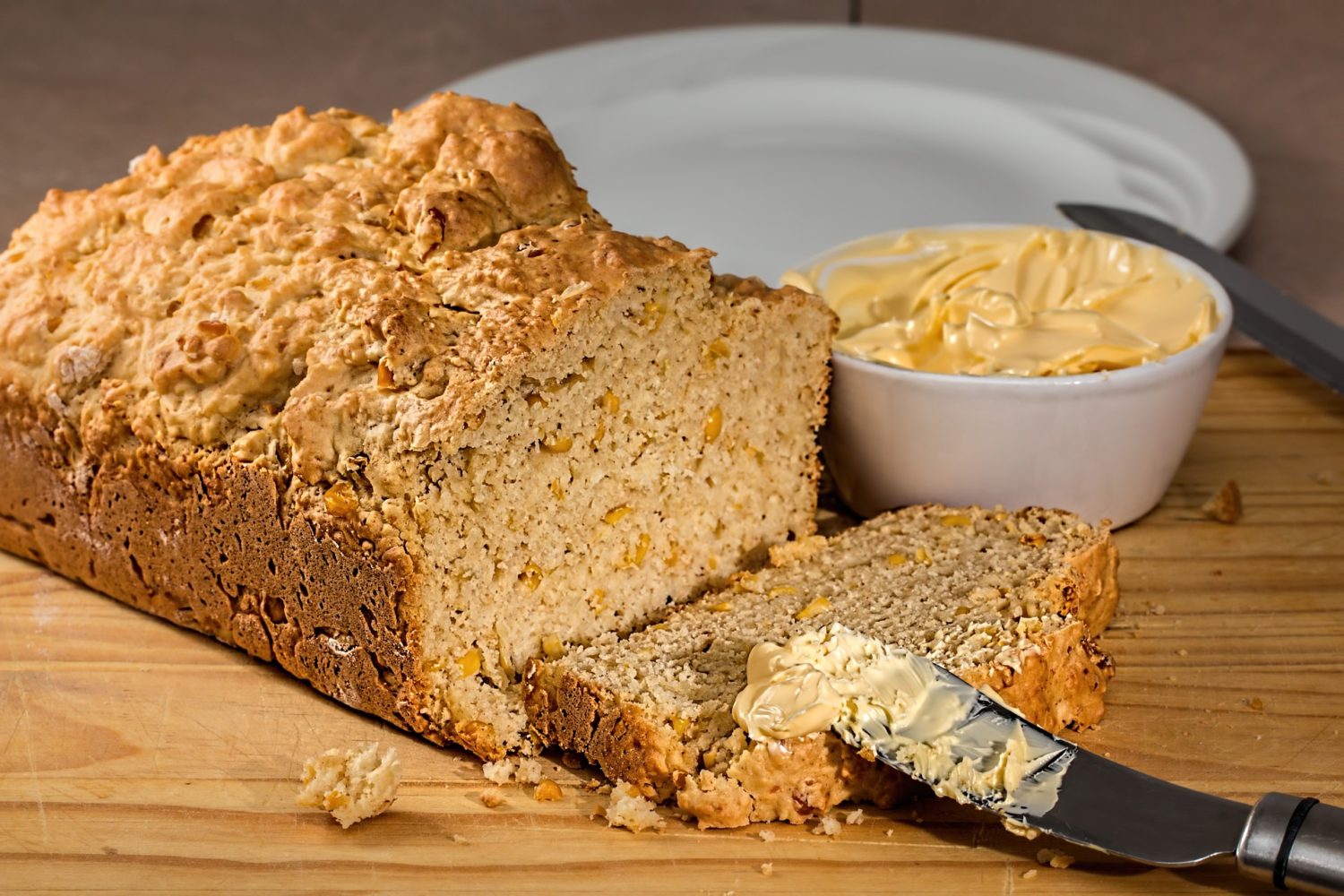Posted 3/23/22
And we know that for those who love God all things work together for good, for those who are called according to his purpose.- Romans 8:28
Hi all! 🙂 Mid-week already. Zoinks! They keep flying by, don’t they??? This week is already a blur for me mainly because of losing my mom’s brother (My Uncle Joe) to cancer and dementia on Monday. The service is tomorrow. While dementia didn’t directly take our uncle, it certainly didn’t help nor did it help the last few years of his life. He was such a sweet man. 🙁 It is hard to lose him…
Today I want to share my “battle plan” on clinical study participation. I am just one person and have limited time/ability to help in studies, but I do have a genuine strategy to maximize how much I can help. I am thinking of my efforts as a multifront war. It is, in a roundabout way, like WWII. We were fighting everywhere, but only had a couple primary “enemies”, if you will. We were fighting Japan throughout Asia and the Pacific and we were fighting Germany (and Italy) in several places in Europe, Asia and Africa. Taking the fight specifically to the places most likely to help is always the game plan in war. Sort of mixing my example a little, in the US Civil War, there were certainly confederate sympathizers, even militant ones, in Minnesota. However, moving troops to chase a small number there was fruitless compared to fighting throughout the South. The idea is, when you win a couple of big battles, the rest will eventually fall into place. Therefore, I have looked at the following factors/theories when I look for studies in which to participate:
- Tau/Beta Amyloid– These protein issues are still the primary hallmarks of the disease. Where there is protein smoke, there is fire…or so it is assumed. There are examples of people with these protein issues with no disease…and likewise. However, they are well established as a factor, so I look to help in anything that: 1. Further proves this “Amyloid Theory” by either investigating them further; or 2. Removing them. I am working on getting into at least one study in this realm. More details coming.
- Inflammation– There is a lot of research trying to determine how inflammation in the brain factors into the pathology of the disease. This category is what I am helping with next week.
- Existing drugs/environmental factors– Cases are going through the roof. The Facts and Figures report just came out last week and I already discussed it in a piece last week. Cliff’s notes: Despite Covid disproportionately killing those with dementia, there are more cases of the brain disease ever. One could say that it is only because people are living longer. And, these folks DO have a point. The biggest determiner of one with dementia IS age. The older we get, the more the odds increase of developing the disease. However, it is NOT a normal part of aging and many, many (perhaps most) cases can be prevented with a heart/brain healthy lifestyle. BUT…what if something more common today than in previous generations is a cause? Aluminum in Antiperspirants? Artificial Sweeteners? Preservatives? I am ALWAYS cautious in recommending these as causes because they can be biased, cultural, based on bad science/assumptions, etc… However, we still need to rule them out. Therefore I am helping an ADRC with one right now on Statin drugs, a VERY common drug class given to folks with Cholesterol issues.
- Longitudinal studies– I am in one already (WashU) and working on getting into 2 more (Vanderbilt, Emory). These studies look at many, many factors, but look at them over the long haul. I am 50 and, if I have the same thing happen as mom did, in 15 short years I may develop the disease. Therefore, if I can give 15 years worth of data, along with many hundred others, big brained folks (and strong computers) can evaluate a million factors and retrace steps with those who do develop the disease compared with those who don’t. Correlation doesn’t equal causation…but it is still crucial!
- Prevention studies– THE BEST CURE IS NOT DEVELOPING THE DISEASE TO BEGIN WITH! I love helping in prevention studies. I have helped a few small ones that were web-based, but I am investigating several others.
- Technology– I am a geek. I admit it. There are many cool studies involving using technology to predict, prevent, or mitigate symptoms. I am very interested in this too.
- Wildcards– I investigate unusual things sometimes, but only as I find them in an ADRC or similar facility. There are many junk science studies elsewhere that act promising, but I don’t have time to debunk everything nor even investigate every one. The non-ADRC wildcards are the Minnesota fella doing the Rebel Yell or the Nazi in the Canary islands. They matter, one way or another, but there are more pressing issues.
Do you want to help or look at some of these things just to further understand? Here are 3 places to start:
- Trial Match– Take a guided tour through peer-reviewed studies going on and investigate and/or join. This is the best entry point.
- Alzheimer’s Association Science Hub App– This little free app doesn’t always directly point you to specific studies, but it shows a lot of work happening and often provides a way to enter into the fold of the study community. It is deep enough to learn in and basic enough to understand. Highly recommend!
- Clinicaltrials.gov– There are over 400,000 studies going on in this site. Only a small number cover our topic. However, sometimes there isn’t perfect overlap with the Trial Match. Take a peek there too. 🙂
Clinical trials and studies aren’t for everyone. I get it. You may prefer education, service, financial help/fundraising, advocacy, or some other way to help. These are all critical too. Don’t feel guilty for not helping with trials. Life is too short for guilt. 🙁 These other helps and others are still part of the multifront battle! If I can help with this topic, please reach out. Shoot me an email to mark.applegate@senioragemo.org or text me at 417-955-2513 any time.
This disease is a superpower. It is spreading and needs to be stopped. Do what you can. 🙂
#EndALZ
Update: Mom is about the same. Yesterday, after helping with service issues regarding my uncle’s funeral and visiting the cemetery, I swung by and sat with mom for a while. When I got there, she was largely awake and staring blankly at the ceiling. She was stiff with Parkinsonism (she doesn’t have Parkinson’s Disease, but end-stage folks with dementia often get rigid, especially in the limbs.). I just say and held her hand for 30 minutes until she somewhat relaxed and fell asleep. Mission accomplished. 🙂 I am thankful that her dementia prevented her the sadness of losing her brother this week. It is Romans 8:28 in dementia as far as I am concerned.
Running Update- Still runnin’ like crazy. 89 days until I run my event. If you could donate, here is the link: LINK I really appreciate it!!! I am not a true runner. I am 6’1, 253.4 pounds. I am working hard to lose weight and get ready for my run. Nearly every day since December 1st I have worked out. I will be ready. 🙂

Last thought: I don’t join clinical studies for the money. We have a place in Springfield called QPS that is a for-profit research facility that gathers data and pays for study participants. I do accept the small amounts of money from the studies to cover my drive and sometimes hotel, but it is nothing compared to QPS who gives thousands for study participants. They may be fine…I have no clue. You be you… However, when I help at an ADRC, I know where the data goes and who is using it. It is always pointed at what I want and I even meet the researchers when I can.
OK…really the last thought: Another way you can help is to donate your brain when you are done with it. Every ADRC needs cadaver brains for study, whether with or without dementia. They explain the process…it is important and we won’t need it anyway at that point. 😉
